February is the month of the heart for many reasons. Valentine’s Day is February 14th, it the holiday of love and the emotional heart. The month of February is also designated as heart month by the American Heart Association. Go Red for Women is the American HeartAssociation's national movement to end heartdisease and stroke in women. Both of these cause’s focus on the physical heart.
So why is there so much focus on heart disease? The physical heart is one of the most important organs in our body, if our heart stops beating, life will not continue. Many people don’t know this but Heart Disease continues to be the No. 1 cause of death in the US. This accounts for nearly 1 out of every 4 deaths in our country.
The universal testing to monitor CVD is by checking your cholesterol. One thing to keep in mind is that all cholesterol is not bad, only bad cholesterol is bad. Taking that a step further, high levels of bad cholesterol are bad. I say this because cholesterol is a building block in our bodies, it is what every hormone is derived from and it is also involved in transport of our fat-soluble nutrients.
I will use the example of a recent conversation with one of my patients. He is currently taking a statin drug and his cholesterol is 88. Normal would be less than 200. This may be looked at as a great level, however, he is also being treated for low testosterone possibly due to the lack of building blocks in his system.
A standard lipid panel will check total cholesterol, LDL, HDL and triglycerides. Total cholesterol is composed of bad + good cholesterol. LDL or “ L ousy” cholesterol is the bad cholesterol, triglycerides or “ T errible” is bad as well while HDL or “ H ealthy and H elpful” is the good cholesterol. It is as important to know these numbers just like we know our blood pressure.
Keep this statistic in mind that only ½ of people who die of heart attacks have high cholesterol. Underlying inflammation can play a big part in that and here are two blood markers that can help find out if that is an issue: C-reactive protein and homocysteine. Both tests can be requested from your practitioner
Once you obtain these numbers, you can plug them into an online CVD risk calculator. The one I like to use is the Reynolds risk score found at: http://www.reynoldsriskscore.org . The reason I like this one is that is it incorporates not only cholesterol but the inflammatory marker CRP. The Reynolds Risk Score is designed to predict your risk of having a future heart attack, stroke, or other major heart disease in the next 10 years.
When visiting with patients about their cholesterol, I often hear this statement; ”My bad genes are the cause of my high cholesterol, it’s in my family.” Yes, genes can play a part of your cholesterol level but the study below shows that even if your genes are not favorable, you can makes changes to decrease your risk.
This 2016 study in the New England Journal of Medicine entitled “Genetic Risk, Adherence to a Healthy Lifestyle, and Coronary Disease” concluded: Across four studies involving 55,685 participants, genetic and lifestyle factors were independently associated with susceptibility to coronary artery disease. Among participants at high genetic risk, a favorable lifestyle was associated with a nearly 50% lower relative risk of coronary artery disease than was an unfavorable lifestyle.
There you have it lifestyle modification can lower your risk by nearly 50%. That includes exercise, diet, stress reduction and better sleep. Making simple changes can prove big benefits in not just cardiovascular health but overall health.
The promotion of healthy lifestyle behaviors that were listed in the study include not smoking, avoiding obesity, regular physical activity (at least once a week), and a healthy diet pattern. It really does not require a significant change to make a big difference in decreasing the risk.
The next monitoring item I would recommend is to find out your Coronary Calcium score. This is a CT scan of your heart based on the amount of calcification you have in your coronary arteries. A negative cardiac CT scan indicates a very low risk of heart attack in the next two to five years. This test in Dickinson is done at the Sanford Clinic West and is not covered by insurance. You need to have an order from your practitioner to have it done. The out of pocket cost is $100.
I recently had one done because my cholesterol was elevated and even though my Reynolds risk score was good, I have a family history of CVD and I wanted to see if I was having any calcification. Fortunately, my score came back as a zero, which means I had no calcification at this time.
And lastly, you could do Advanced Lipoprotein Particle testing for cardiovascular risk assessment. This test will look at particle size of your LDL and HDL. This is important because small dense particles can increase your risk of CVD as they are easily taken up into the vascular wall with inflammation eventually causing calcification of the arteries.
Once again, if you don’t measure it, how do you know what you are doing? So, take the time, have the tests and get working on positively influencing your risk for CVD.
We recommend several supplements to support your cardiovascular system. Supplements are designed to supplement your diet. If your diet is stellar, the majority of the nutrients necessary to run your body can be obtained from the food you eat. Unfortunately the SAD, an acronym for the Standard America Diet, in most instances doesn't fulfill this need so here are some supplements to help decrease our cardiovascular risk.
Fish oil is one of my favorite supplements. It is actually one of the few supplements that cost less as a supplement than eating the actual food to get the nutrient. If you are going to obtain it in your diet here are the fish with the highest content: salmon, mackerel, and sardines.
There are thousands of articles explaining the benefits of fish oil for various disease states and CVD is one of those. Omega 3 fatty acids at doses of 2000 to 4000mg/day of combined EPA + DHA can lower triglyceride levels, decrease inflammation and help stop the formation of plaque in the arteries. The Advanced Lipoprotein Particle test can give you information on your omega 3 status as well as Omega6:Omega3 and Arachadonic Acid:Omega 3 ratios which are insightful in seeing if you are inflamed.
Low vitamin D levels has been linked to cardiovascular disease in the following ways:
· Deaths from heart disease are more common in the winter and northern hemisphere (areas where vitamin D in the winter months is low due to potency of the sun)
· The risk of MI is twice as high if vitamin D levels are below 34ng/ml 25(OH)D
· Patients with CHF have lower levels of Vitamin D than controls
· Vitamin D deficiency has been found to be a cause of heart failure
If you are not taking vitamin D you should consider it as it is one of the least expensive supplements you can take at literally pennies per day. I recommend 5000IU per day in the winter months
It shouldn’t be a surprise that magnesium, with its involvement in over 300 metabolic pathways has an effect in decreasing cardiovascular risk. Magnesium decreases blood vessel constriction, relaxes electrical impulses and encourages calmness, maintains the normal rhythm of your heart, and lastly, it increases HDL (good) cholesterol. An individual with a deficiency is twice as likely to die from a cardiovascular event. It is estimated that ½ of Americans are deficient and don’t know that they are.
CoQ10 is the next heart healthy supplement. In addition to being essential for mitochondrial energy production, it is well known for its cardiovascular health benefits. At a dosage of only 60 mg twice daily, CoQ10 was shown to significantly decrease serum levels of Lp(a) after 28 days, with reductions of 31% compared to 8.2% with placebo.
Additional meta-analyses have shown CoQ10 improves endothelial function, decreases total cholesterol and triglycerides, increases high-density lipoprotein (HDL) levels, and in patients with type 2 diabetes, decreases HbA1c and fasting glucose levels. Other studies have shown CoQ10 reduces low-density lipoprotein (LDL) oxidation, as well as systolic and diastolic blood pressure in patients with diabetes.
With the use of statin medications, which inhibit HMG-CoA reductase, the enzyme also necessary for the body’s production of CoQ10, it is very important to include CoQ10 as a supplemental therapy. Reductions of CoQ10 levels with statin therapies have been shown to be approximately 40%. Although this may contribute to symptomatic myopathy in only a small fraction of statin users, it is a dramatic decrease which may negatively impact the long-term health of a much larger group in many ways.
I hope you found this information helpful and that it will motivate you to take control of your cardiovascular health. Until next time, be vigilant about your health!!
VISIT US
HOURS
HOURS
CONTACT US
Fax #: (701) 483-4926



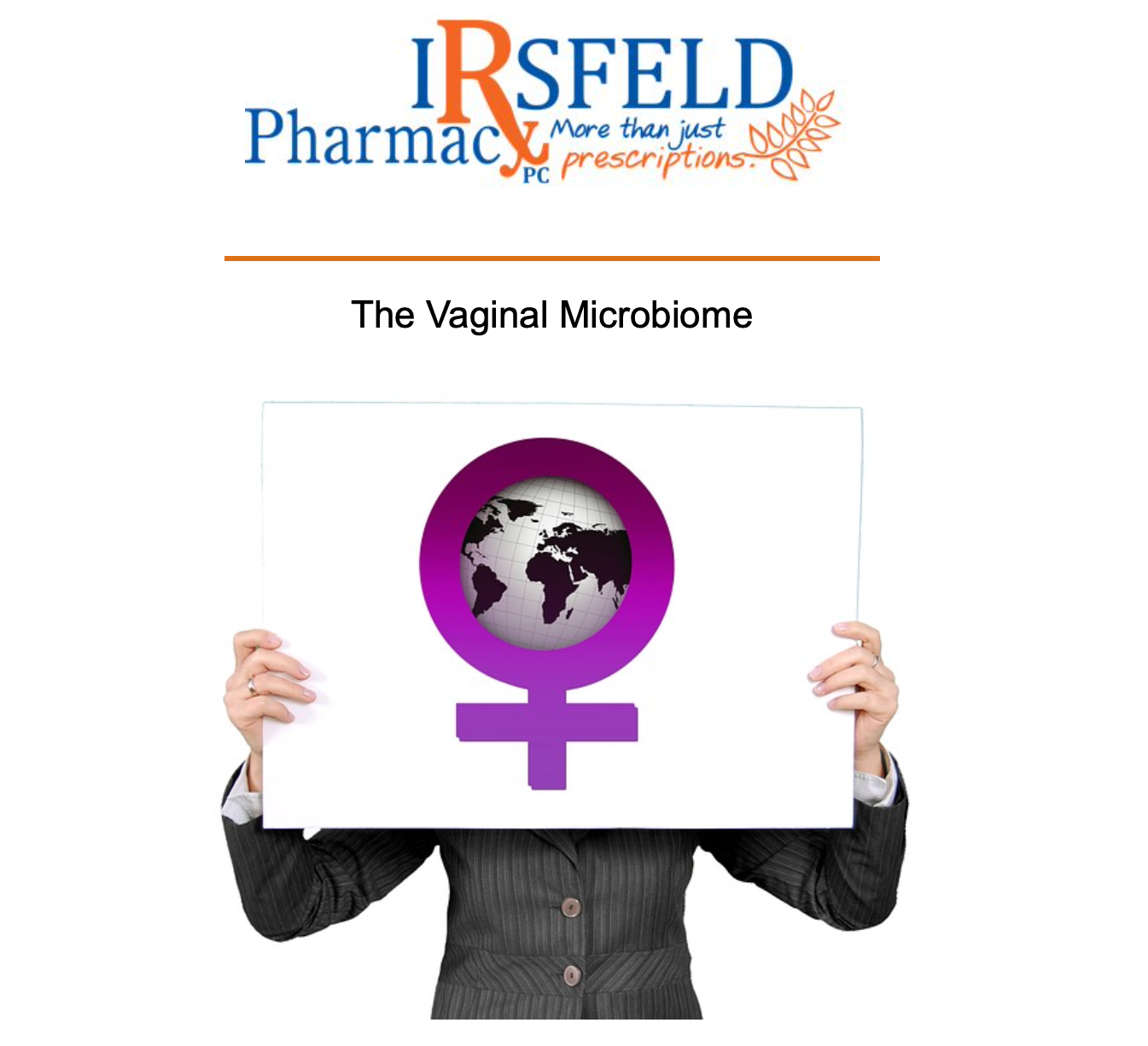
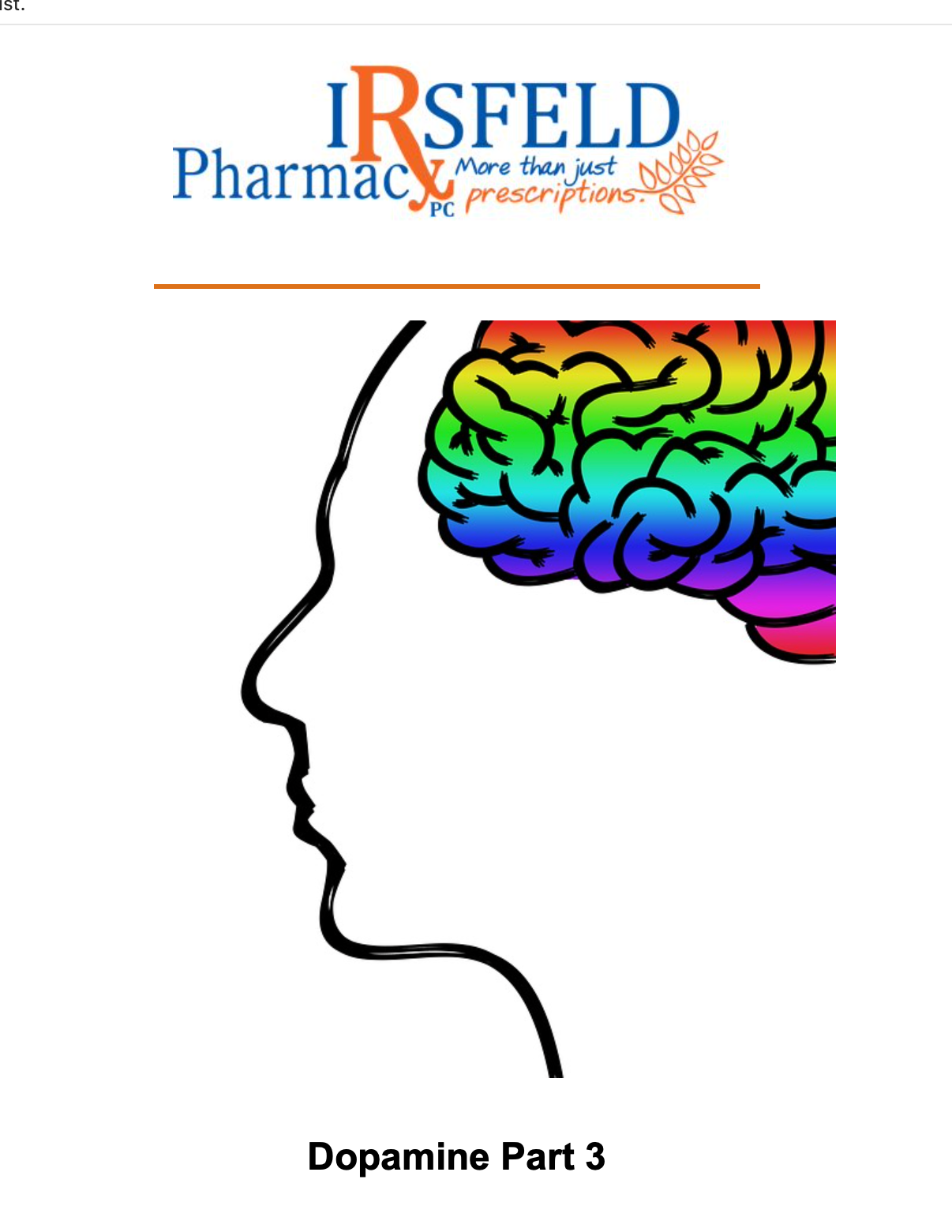
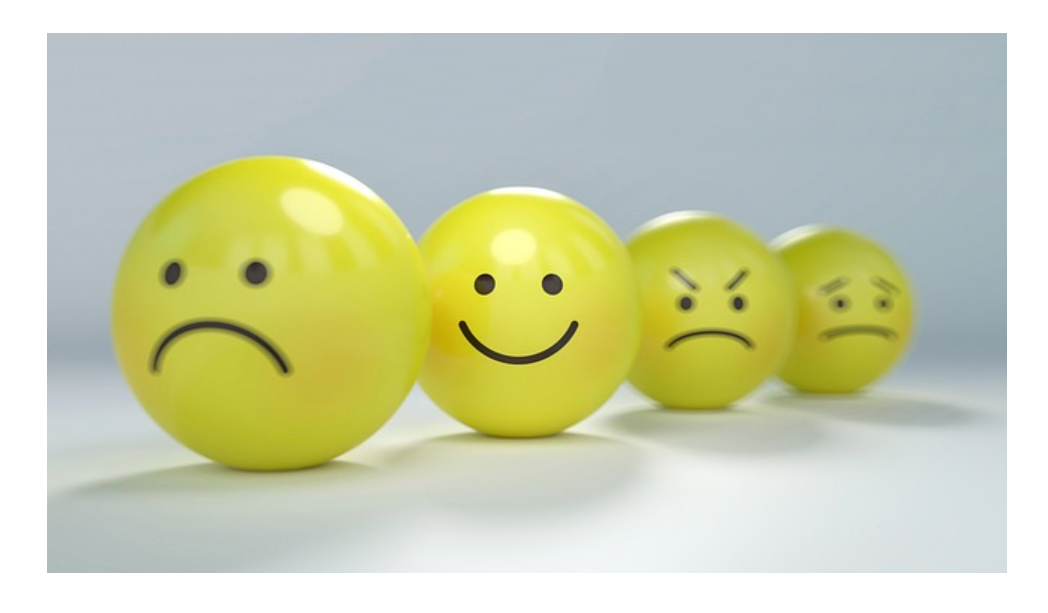
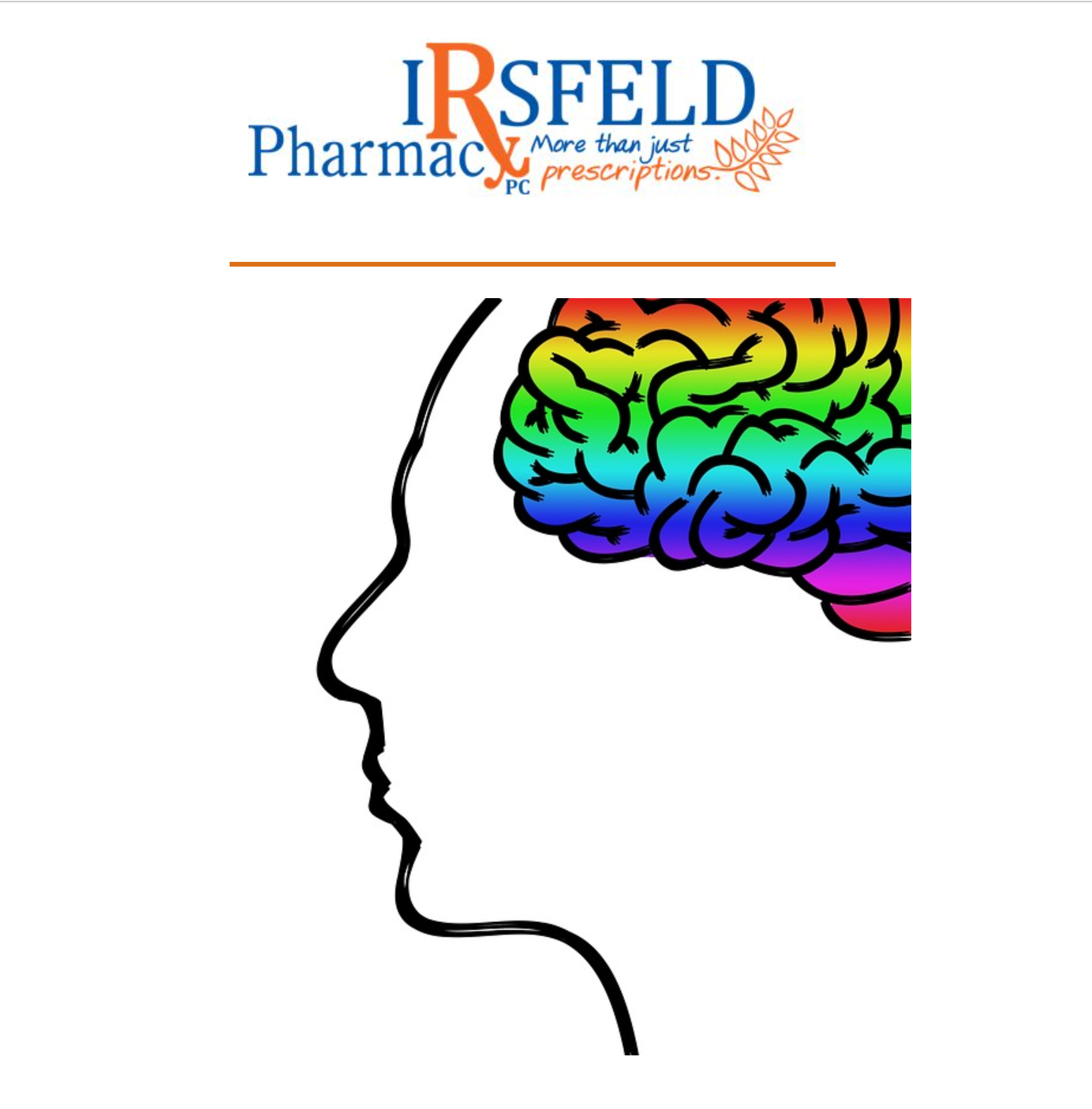
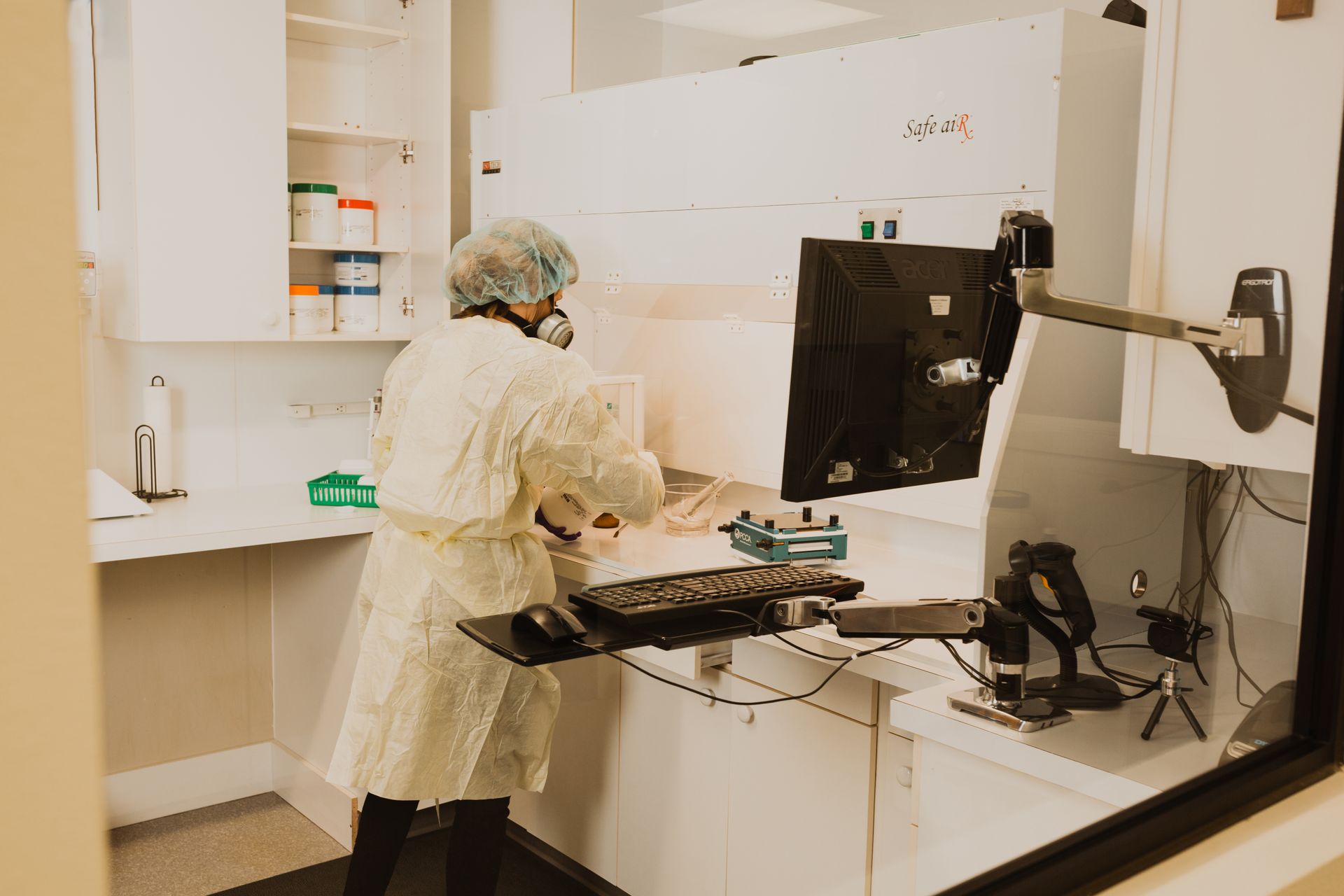


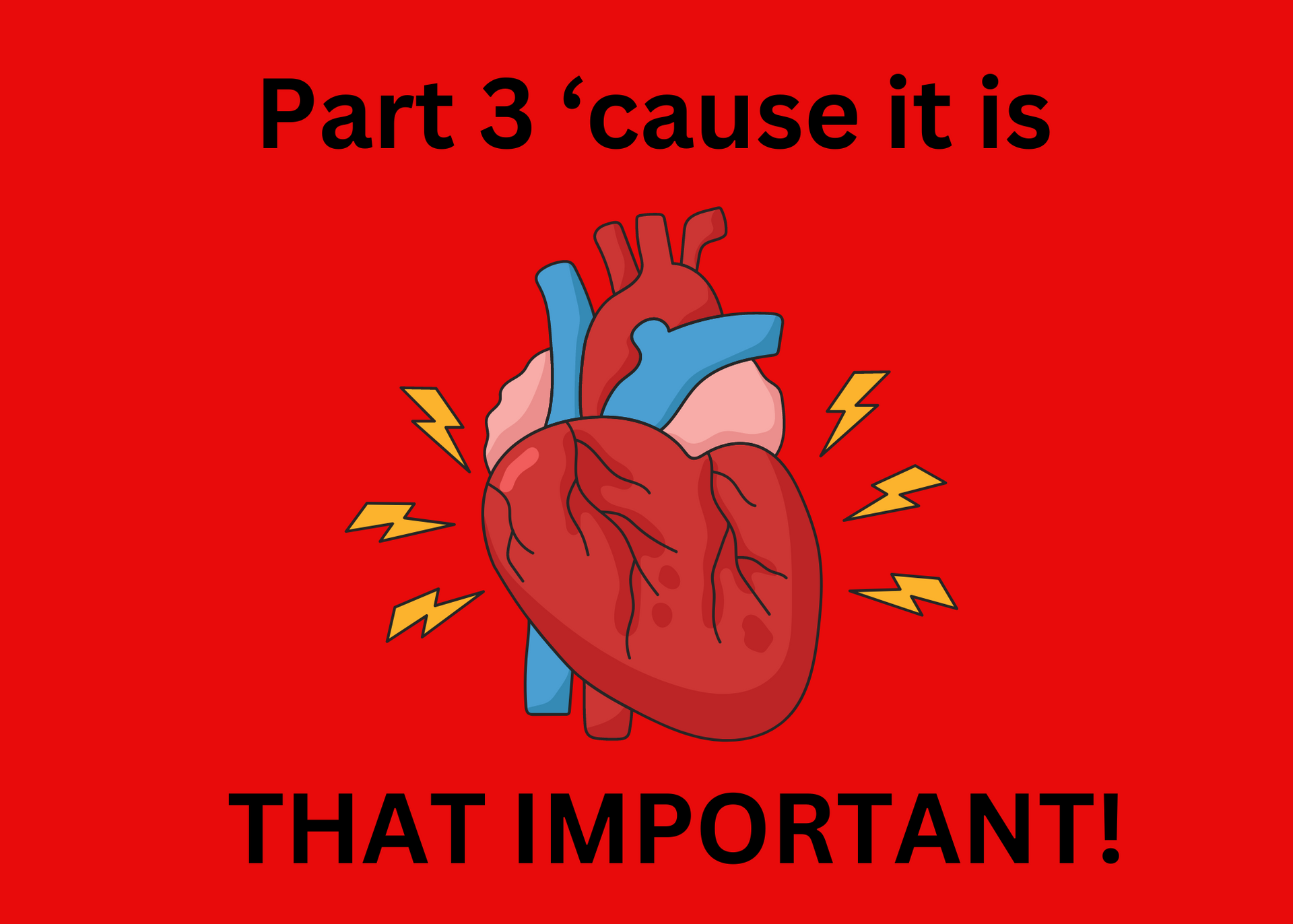
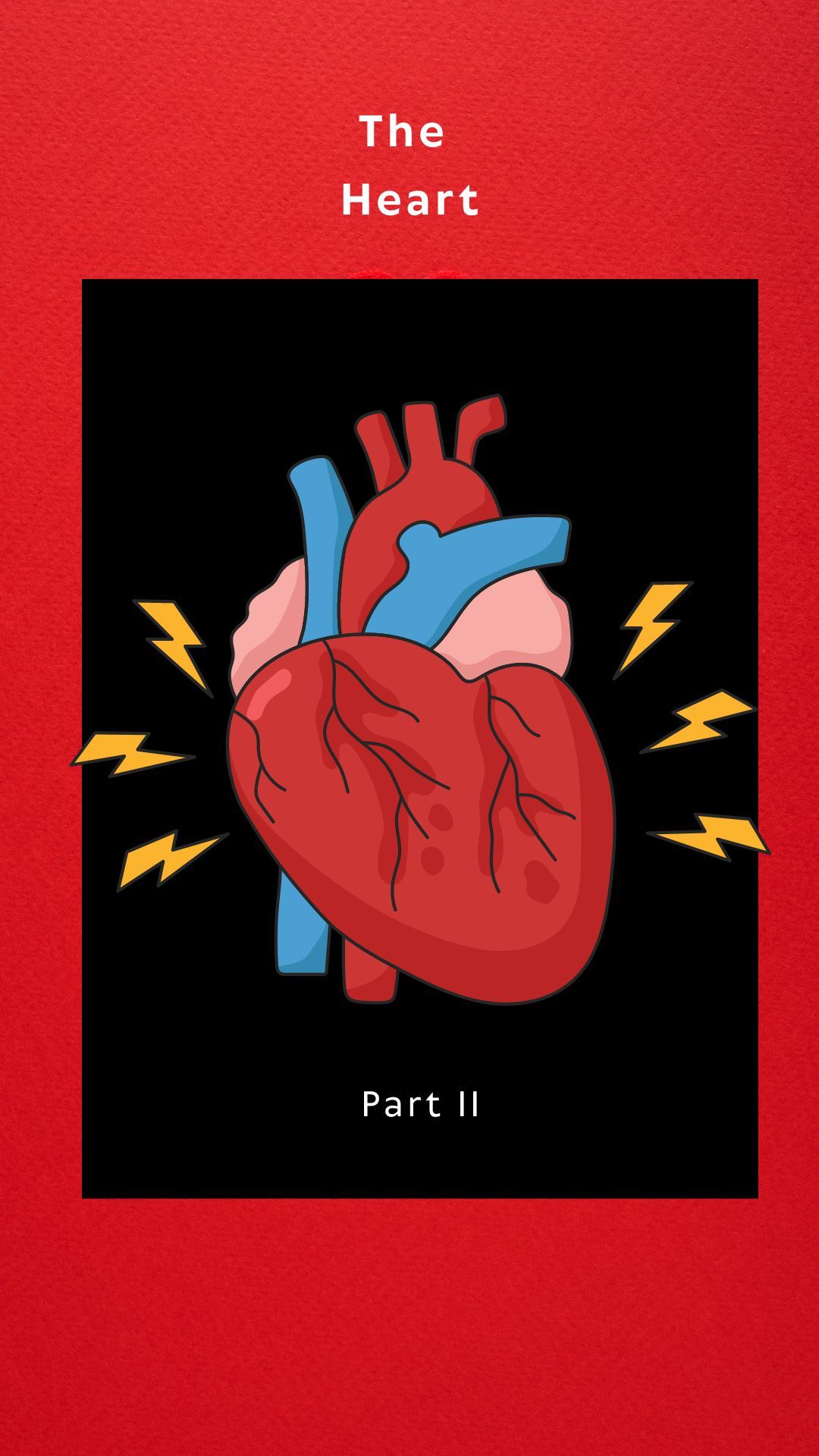
Share On: